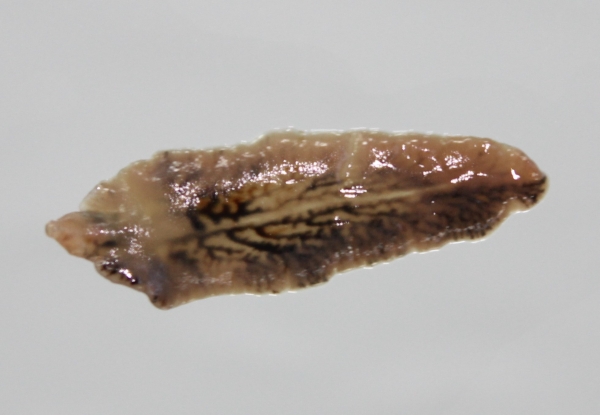There are very few vaccines against parasites because they are complex organisms that interact with their hosts, controlling their response. It is, however, a field of great interest in the world of livestock. Thus, finding antiparasitic control mechanisms is one of the objectives of the Paragone research project, an initiative framed within Horizon 2020 and that has had 17 partners, including the University of Cordoba (UCO).
Specifically, the university institution focused on understanding the way in which these parasites control the host's response and how they survive in the organism. As the main researcher on the project at the UCO, José Pérez Arévalo, explains, his research group -AGR262- studied the behavior of Fasciola hepática, a species that causes chronic diseases in animals and is one of the most interesting parasites for scientists, for its resistance to drugs.
As the principal investigator at the UCO explains, the results obtained in the framework of the project suggest that, from the first day the infection occurs, an immune response is generated in the host that does not affect the parasite.
These results have convinced the research team that the fight against these organisms should focus on their young forms. “The parasite controls the host's response in very early stages. When they are still young, they are more exposed to the host's attack, but as an adult they are already in a highly protected area, within the bile ducts of the liver, and it is difficult for the immune response to harm them", explains Professor Pérez Arévalo.
These types of parasites are adapted and can live for years. Although they do not kill the animal, they do harm its health and, in the case of the two mammals that have been studied (cows and sheep) they cause anemia, liver failure, less weight gain, less wool and milk, and greater infertility, which translates into economic losses of thousands of Euros per year.
The problem, stressed the principal investigator on the project at the UCO, is that there are more and more populations of these organisms resistant to antiparasitic drugs, due to their extensive use. However, "vaccines would produce greater protection, since they do not leave residues in meat or milk."
Candidate vaccines
"At Paragone we have carried out a trial that was 47% effective, but until it is between 60-70% it is not considered commercially accepted", explains Dr. Pérez Arévalo - a difficult percentage to achieve due to individual variations in this parasite.
However, in this regard, the project managed to identify three vaccine candidates vs other parasites for a demonstration phase. One of them, aimed at a genus of parasites called Cooperia, reached an effectiveness of around 75%.
The Paragone project - “Vaccines for animal parasites” (H2020-SFS-2014-2-635408) is funded by the European Union through the H2020-SFS-2014-2 call.
"This report is part of the project “CONSOLIDA-UCO ECT2020-000810", funded by MCIN/AEI/10.13039/501100011033 and by European Union “NextGenerationEU”/PRTR”.


